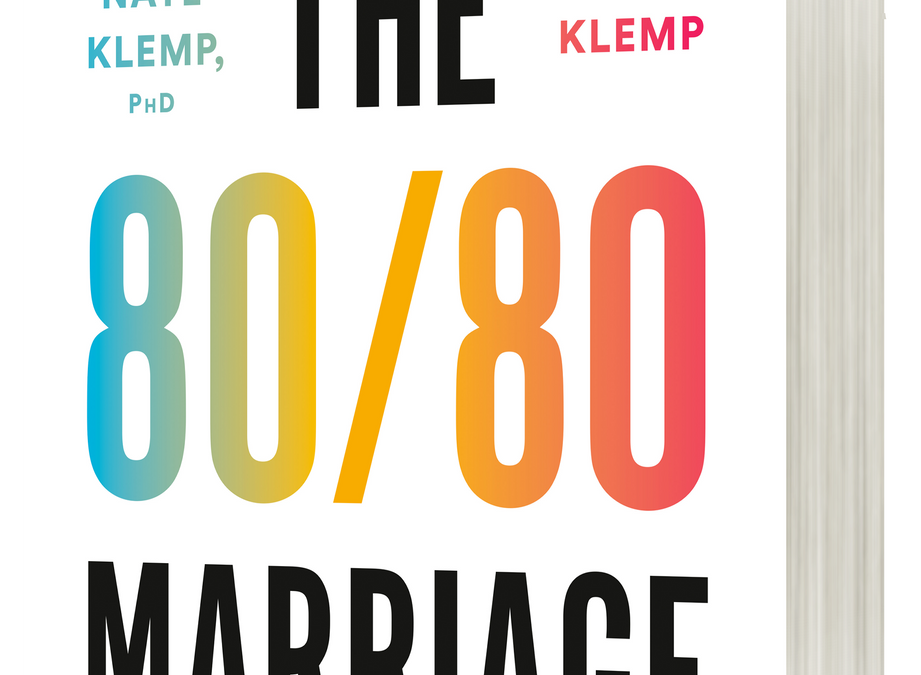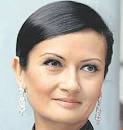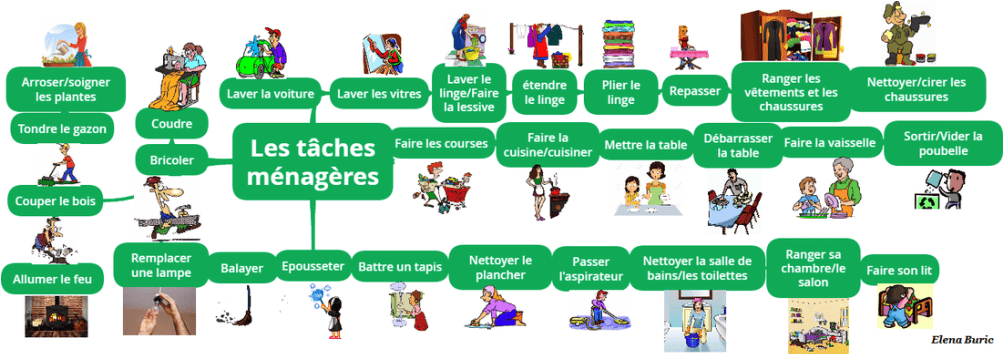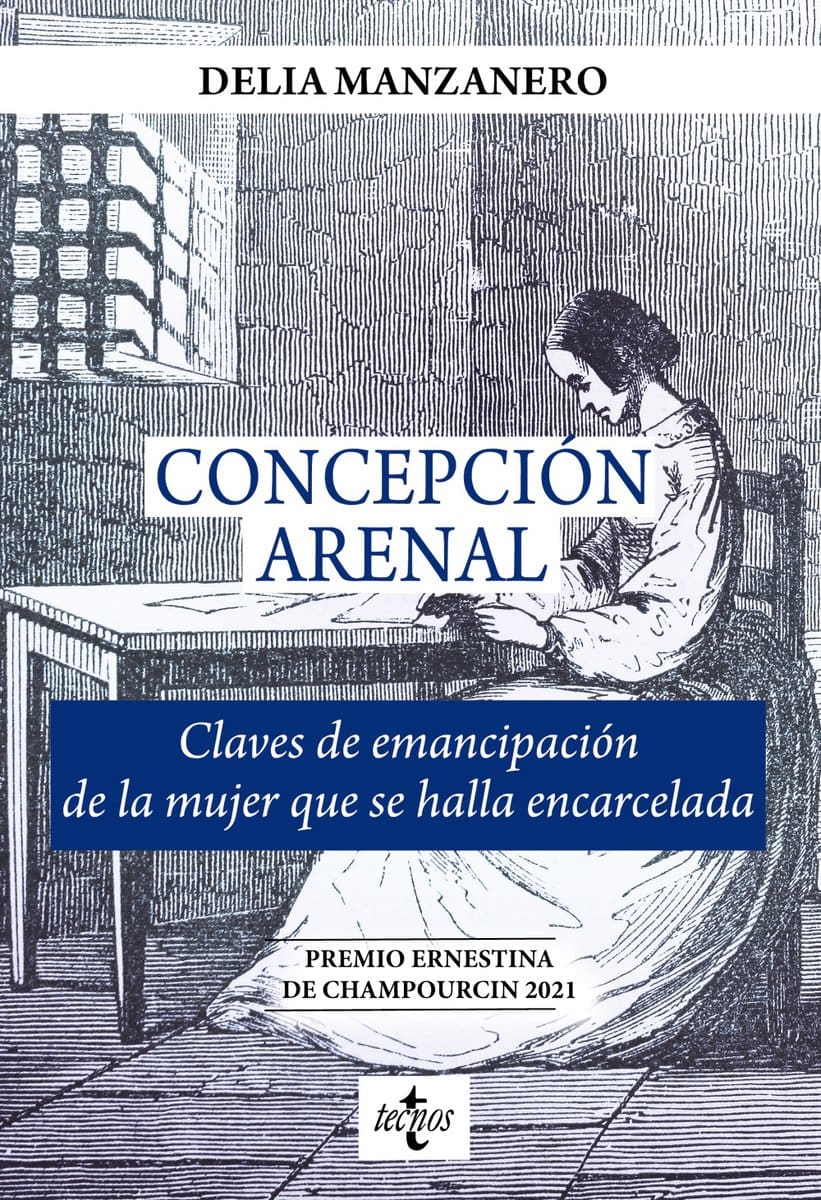The 80/80 rule or the secret of happy couples
Marzena Devoud, journalist
What’s the secret to a happy relationship in marriage? Nate and Kaley Klemp have conducted a survey of hundreds of couples and claim that equality in marriage only leads to unsatisfactory compromises. On the contrary, it is the 80/80 model that is the key to a couple that lasts…
Nate and Kaley Klemp, consultants to major American companies, have both made a success of their careers. However, their work as leadership experts often took a back seat when they got home at night. Most of the time, they were arguing about family matters, and the same bone of contention kept cropping up, claimed by both of them: that of equality between the spouses. Like many couples, Nate and Kaley believed in a model where both spouses contributed equally. But in reality, they found this ideal balance almost impossible to achieve. It was out of this frustration, they explain in a podcast, that they came up with the idea of the “80/80” model of marriage, the one that makes it possible to reconcile marriage, family and career, and which they detail in their book The 80/80 Marriage.
Based on over a hundred interviews with couples from all walks of life, Nate and Kaley put their finger on what’s not really working in married life. They ask the question: is the key to a happy, lasting relationship really to be found in the equal sharing of all tasks in all areas? The Klemps offer this answer: the principle of systematic equality only leads to an unsatisfactory compromise. And they propose a new model for marital relationships based on radical generosity.
What’s the secret to a happy relationship in marriage? Nate and Kaley Klemp have conducted a survey of hundreds of couples and claim that equality in marriage only leads to unsatisfactory compromises. On the contrary, it is the 80/80 model that is the key to a couple that lasts…
Nate and Kaley Klemp, consultants to major American companies, have both made a success of their careers. However, their work as leadership experts often took a back seat when they got home at night. Most of the time, they were arguing about family matters, and the same bone of contention kept cropping up, claimed by both of them: that of equality between the spouses. Like many couples, Nate and Kaley believed in a model where both spouses contributed equally. But in reality, they found this ideal balance almost impossible to achieve. It was out of this frustration, they explain in a podcast, that they came up with the idea of the “80/80” model of marriage, the one that makes it possible to reconcile marriage, family and career, and which they detail in their book The 80/80 Marriage.
50/50: an unsatisfactory compromise
“The daily battle for fairness almost ended our marriage”, say Nate and Kaley in the introduction to their book. “The amount of our time and energy consumed by arguments about who does more and who does less was too much,” they write. That’s why they wanted to take an in-depth look at the issue, backed up by serious research.
The Klemps say that all the people interviewed were unanimous in saying that they very often felt overwhelmed and exhausted by their daily lives as they tried to reconcile being a couple with parenthood, caring for ageing parents with work.
Almost all said that the pressures of everyday life were weighing on their relationship.Among them were couples who seemed to have a perfect marriage, those who were going through a crisis in their relationship, and also those who had recently divorced.”We try to be perfect couples, while trying to keep up with the dizzying pace of life. And… we still dream of equality”, one of the couples interviewed told the authors of the survey.
The result?
It’s because of the dream of so-called equal sharing that couples argue. And the more time there is, the more tension builds up.The more stress increases, the more toxic the marital battle becomes, driving people further apart”, explain the Klemps.Paradoxically, the 50/50 model that currently dominates pits spouses against each other in a bid to outdo each other in arguments, instead of encouraging them to make efforts in their lives as a couple and as a family. At the heart of this 50/50 principle lies a mentality that could be symbolised by the phrase: “When you win, I lose”.It works very well in the world of business or sport, where the aim is to compete with your opponents to win.In marriage, on the other hand, it’s a disaster, say the authors of the book.As a result, this competitive approach leads to resentment, which ultimately takes the place of love.
For Nate and Kaley Klemp, the 50/50 model leads to a constant comparison of each other’s efforts, which is summed up by a sort of scoreboard: who did the shopping, who had more files to hand in at work, who planned the next holiday, who took charge of the children’s school runs, who took a day off to look after the sick child at home… How do you determine what’s fair? It seems difficult. And that’s where the pair of experts sketch out an idea for a sustainable couple: the “80/80” model.
80/80: radical generosity
What is the 80/80 model? The mathematical equation may be impossible, but in a marital relationship it’s perfectly feasible. “The only way to free yourself from the pressure to share equally in a relationship is to aim for something much bigger and much more radical,” say the Klemps.
The motto of the 80/80 model? “When you win, I win”.
Moving from a 50/50 model to an 80/80 model means replacing the quest for justice with radical generosity. It’s about making an 80% effort to put the common goals before your own, in other words, moving from me to us, in other words, from individual success to common success.
When couples are synchronised in this way, they become creative and productive, with a stronger sense of intimacy, say Nate and Kaley. By choosing this 80/80 model, which aims for radical generosity, spouses stop wasting energy on pointless discussions, where each tries to make his or her point. Instead, they focus on common goals that make them both better people: bringing up their children, achieving financial stability in the home, having exciting projects, and ensuring the fulfilment of each other. In the end, the partner becomes a team-mate and a friend whose aim is not to be right, but to support, love and help the other.
The points of view expressed by the authors of videos, academic or non-academic articles, blogs, academic books or essays (“the material”) are those of their author(s); they in no way bind the members of the Global Wo.Men Hub, who, amongst themselves, do not necessarily think the same thing. By sponsoring the publication of this material, Global Wo.Men Hub considers that it contributes to useful societal debates. Material could therefore be published in response to others.







Commentaires récents